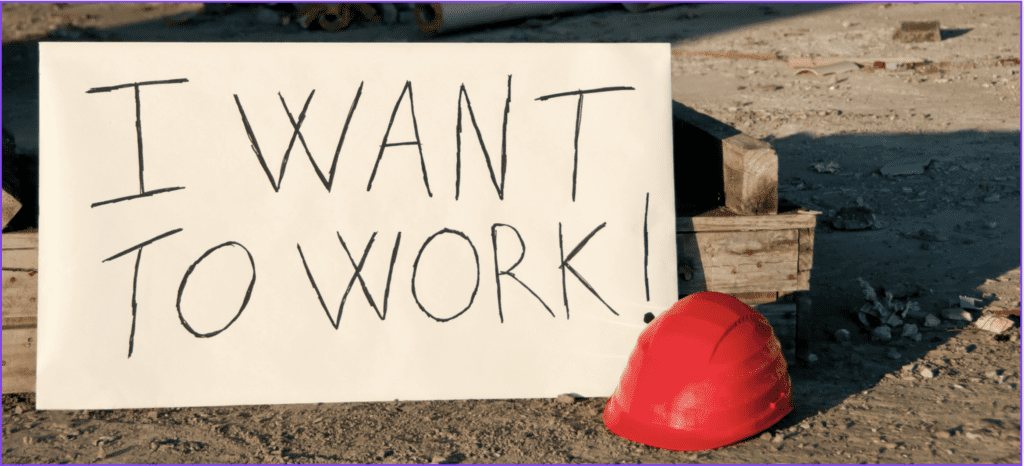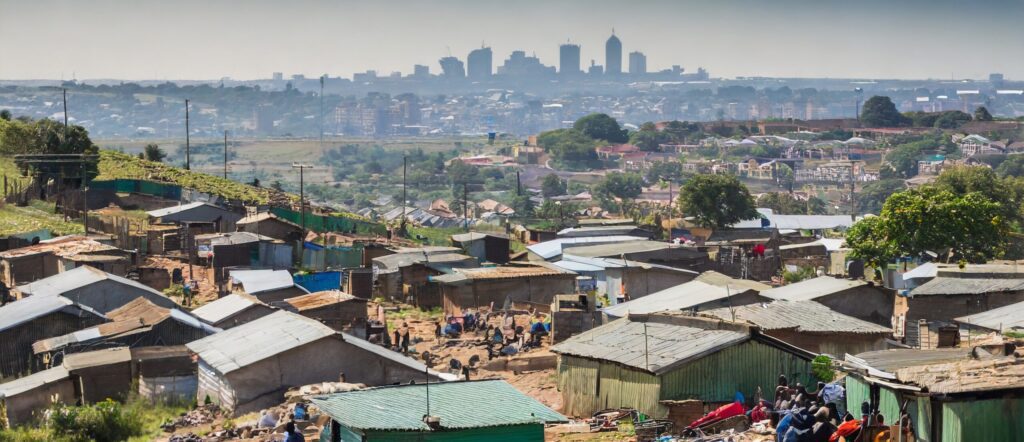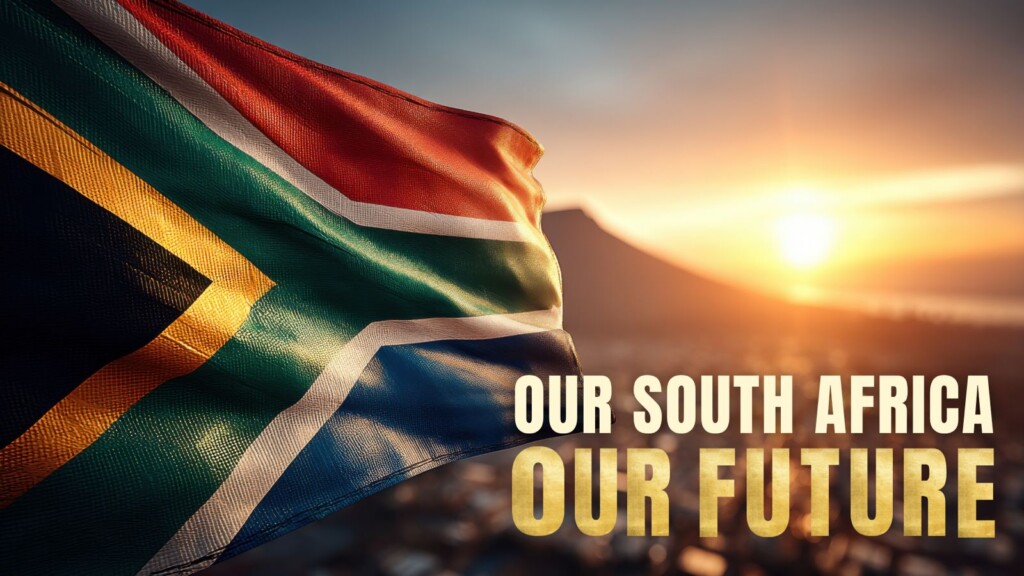The Mind in Chains: Black Professionals and the Future of Work in a Digital Era

The Illusion of Freedom in a Digital World
They told us technology would set us free. But as we swipe, scroll, and tap through life, it’s worth asking: are we the masters of these tools—or are they mastering us? Thirty years ago, life felt slower. Moments weren’t measured in notifications or likes. Back then, attention was a gift we gave freely. Today, it’s a commodity—bought, sold, and manipulated by systems we barely understand.
For Black professionals and entrepreneurs in South Africa, this shift comes with unique challenges. As AI, automation, and surveillance capitalism redefine the world of work, we’re faced with a sobering reality: adapt or be erased. Shape the system—or risk being shaped by it.
Parenting in the Age of Algorithms
The dinner table has a new guest: the smartphone. Families sit together but scroll in silence. Even parenting has been outsourced to algorithms. Today’s children seek guidance from YouTube influencers, TikTok trends, and AI chatbots—often on issues as profound as relationships, identity, and mental health. For Black families already navigating socio-economic hurdles, this raises critical questions. Who is shaping the aspirations and values of our next generation? And how do we reclaim that role before it’s too late?
Surveillance Capitalism and the Cost of “Free”
We’re told the digital world is free. But the price is steep: our attention, our privacy, our agency. Shoshana Zuboff, in The Age of Surveillance Capitalism, calls it “behavioural surplus”—data harvested from our clicks, pauses, and likes. This data doesn’t just predict our actions; it actively shapes them.
Industrial capitalism mined nature. Surveillance capitalism mines human nature—our emotions, routines, even relationships. And for Black professionals in South Africa, the danger isn’t just consumption. It’s exclusion from designing the systems that increasingly govern our lives.
If we aren’t shaping the algorithms, we risk being invisible to them—or worse, misrepresented by them.
When Algorithms Think for You
Google finishes our sentences. Netflix chooses our next watch. AI tools even suggest how we feel. These conveniences seem harmless—until we realise how much of our thinking we’ve outsourced.
The real danger isn’t in what we see. It’s in what we don’t—the subtle nudges and curated realities that condition how we perceive the world. Ask yourself: Are your thoughts truly your own—or echoes in a feedback loop engineered to keep you scrolling?
AI and the Fragility of Our Future
On 10 June 2025, ChatGPT’s unexpected global outage left millions stranded. Work halted. Students, marketers, and developers sat idle—not because a website failed, but because they’d handed over core cognitive tasks to algorithms.
For Black entrepreneurs and professionals striving to grow businesses, this was a warning: reliance on tools we don’t own or control creates brittle systems—brilliant in promise, fragile in crisis.
The South African Reality: A Dual Challenge
In South Africa, the stakes are amplified. Digital infrastructure and policy remain uneven.
Affordable data is still a barrier. And historic underrepresentation in STEM means few Black voices are shaping the AI models and workplace technologies of tomorrow. If Black professionals and entrepreneurs are excluded from designing the digital workplace, we risk being coded into irrelevance—by systems that do not reflect our realities, cultures, or aspirations.
Reclaiming Digital Agency
The chains we face are invisible. But the key is in our hands.
Here’s how we can act:
- Lead ethically – Challenge workplace systems that perpetuate bias and exclusion.
- Mentor the next generation – Equip young Black South Africans with digital literacy, coding, and critical thinking.
- Demand transparency – Hold platforms accountable for how they harvest and use our data.
- Build and own platforms – Support Black-led tech innovations that embed African realities into global systems.
Surveillance capitalism doesn’t need weapons to control us—just our attention. It doesn’t shackle the body; it captures the mind. But we can resist.
The Future Demands More Than Survival
The future of work in South Africa isn’t just about mastering tools—it’s about mastering the power behind them. Black professionals and entrepreneurs must step into roles as creators, critics, and custodians of the systems shaping our world.
This is more than a fight for relevance. It’s a fight for agency. For dignity. For the right to define what it means to thrive in a digital age.
The choice is stark: remain passive passengers in a vehicle we don’t steer—or take the wheel and drive toward a future where technology serves humanity, not the other way around.
The time for awakening is now. Because if we don’t shape the algorithm, the algorithm will shape us.

About the Author
Mike Ntsasa (CPRP) is a strategist with over 20 years’ experience in media, business development, and public sector engagement.
He is currently Group Executive: Public Sector & Regional Executive: Business Development & Strategy at Independent Media (Pty) Ltd. Holding degrees from the University of the Free State and University of South Africa, alongside executive training from Wits Business School and UCT.






Responses